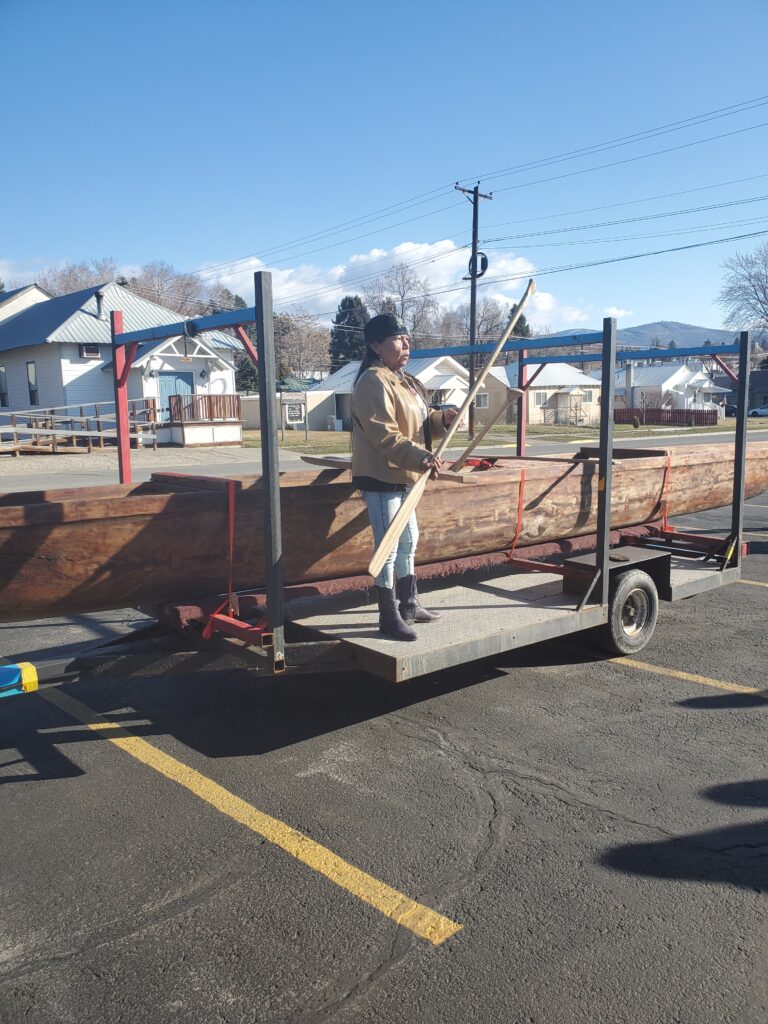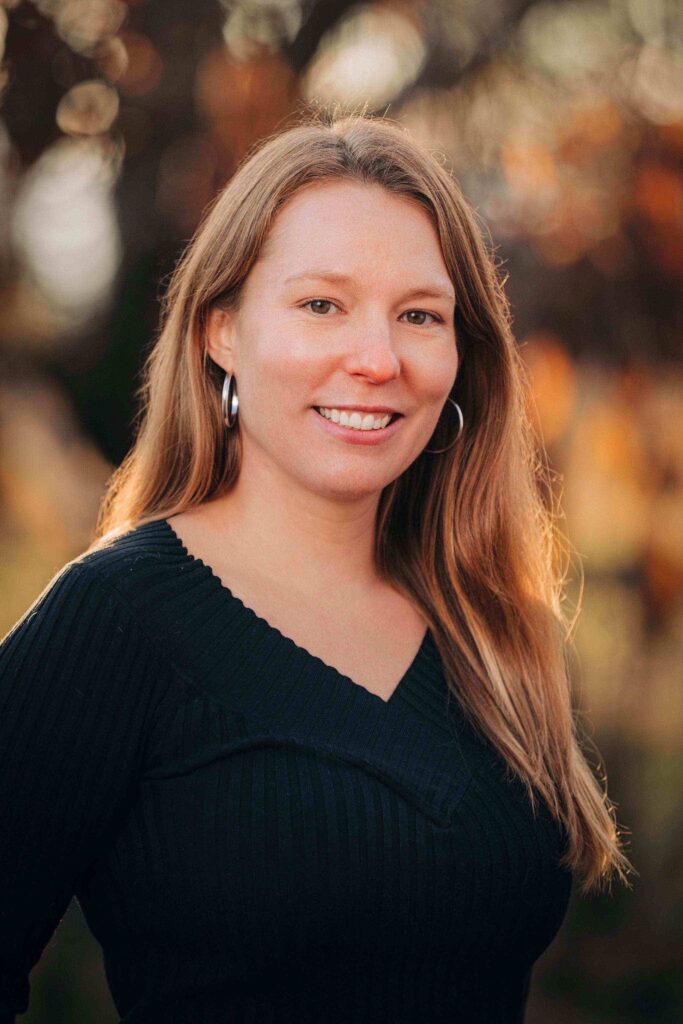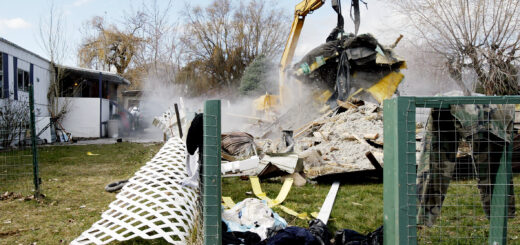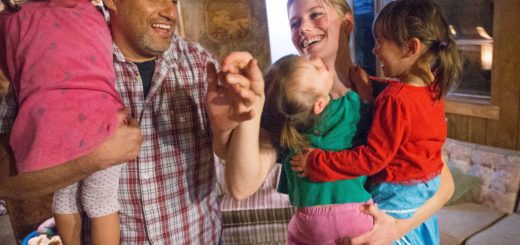WVC’s American Indian Indigenous Studies program opens up new avenues of understanding
Significant efforts are being made in North Central Washington to incorporate the history and culture of Native peoples into our shared narrative rather than blithely accepting the prevailing cultural myth that history started with white settlement.
We are indebted to Native leaders like Wendell George, Arnie Marchand, Smoker Marchand, Randy Lewis, Mary Big Bull-Lewis, and many others for helping keep the Native American perspectives and culture alive.
Wenatchee Valley College is also playing a significant role in this effort, with the development of the American Indian Indigenous Studies (AIIS) program at its Omak campus, led by a gifted young professor, Kestrel Smith. I had the pleasure of interviewing her recently to talk about the program, its deep connections to the Colville Confederated Tribes and the impact it is having on both Native and non-Native students.
The Virginia native who received her masters and doctorate in American Indian Studies at the University of Arizona, has found a wonderful niche here. “I love it here, it’s just a good community,” Smith told me. “There’s a sense of openness, there’s a sense of collaboration and there’s a deep interest in these classes within the Native and non-Native community alike,” she added. There is an intertwining of communities in Okanogan County that sometimes creates clashes and other times leads to partnership and understanding.
What energizes Smith about the program is the opportunity she sees to bring Native and non-Native students together to discuss what are sometimes painful and challenging topics. She is quick to point out that the purpose is not for people to feel guilt or shame about the appalling history of how Native Americans have been treated since the area was colonized, but instead to confront these uncomfortable truths as an avenue in which healing can happen.
That history is felt deeply and personally today — treaties they were forced into, broken promises, being forcibly relocated onto reservations, horrendous government policies that were intended to “kill the Indian” by what amounted to cultural genocide, not to mention the policy of separating of Indian children from their families to be sent to boarding schools in which the children were punished for using their language, forced to choose non-Native names, and countless other indignities that resulted in profound and lasting economic and social impacts.

Partially due to our general K-12 public education system that tends to frame Native peoples as only a past peoples, , it is little wonder that many average Americans tends to believe the myth that Native peoples are extinct. Nothing could be further from the truth, and thus the necessity of encountering and grappling with a more nuanced and multifaceted telling of history.
The AIIS program offerings create an opportunity for Native and non-Native students to develop a fuller understanding of that history. Remarkable things happen in these classes. She’s had the children of ranching families who have traditionally been uncomfortable with Native American perspectives towards land and water, who after taking classes tell her that they have a better understanding of their own families and their Native American neighbors.
“The whole point of my teaching is for people to be able to take that information forward in ways they think is right,” she added.
For Native students, these explorations can lead to not just understanding but perhaps an opportunity for healing. In her classes, she strives to create a safe environment that gives all students the opportunity to be themselves and speak from their hearts.
Smith loves her students, cherishes the collaboration with the Colville Confederated Tribes and relishes the opportunity to be a catalyst for greater understanding and deeper thinking. “On a personal level, being able to teach gives me a great sense of purpose in life,” Smith told me.
There is no question in my mind that Smith’s passion for constructive engagement is a critical factor in this successful program.
Wenatchee Valley College deserves credit for developing this program, the first in the state for a community college, and paving the way for greater shared understanding.
We are all better served when we understand history from various perspectives.
More information can be found about the AIIS program and all nine classes here: https://www.wvc.edu/academics/AIIS/courses.html



